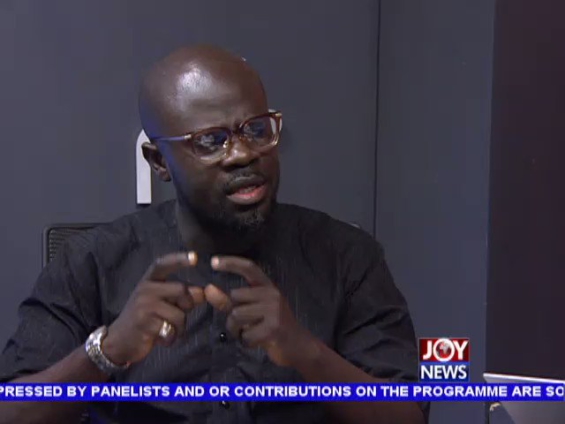Dean of the Faculty of Law at the University of Professional Studies, Accra (UPSA), Prof. Ernest Kofi Abotsi, has stated that an Attorney General can be held liable for causing financial loss to the state if there is negligence in executing a professional mandate to the state.
The comment comes as part of conversations on how the state can avoid judgment debts, following a directive by a Commercial Court in London for government to pay a sum of $170million in damages to the claimants; Ghana Power Generation Company (GPGC).
Speaking on Newsfile, Saturday, Prof. Abotsi explained that if investigations prove that an Attorney General in his capacity as the legal advisor to the state, acted in an unprofessional manner, thus, leading to a judgment debt, he can be held liable for his actions.
"An Attorney General can advise, he can give the best of advice that can go wrong, that doesn't make him liable. He's only liable if he fails to exercise skill and diligence and therefore he acts in a manner that we find below his power as an Attorney General in this circumstance.
"For instance, if there is a key law he was to refer to in his assessment and advice, and he did not refer to that law, he did not even research it and basically just advised without any proper reflection of what he's supposed to do, then you can clearly establish a case of professional negligence."
Asked by host Samson Lardy Anyenini if an individual can be prosecuted for being the sector head who supervised the approval of a contract that resulted in a judgment debt, Prof. Abotsi said "you can prosecute the individual, because the assumption is that the individual is employed to exercise maximum diligence and skill, and is expected to play a gatekeeping role, as well as a facilitative and technical role, ultimately.
"Therefore, he is expected to do his work well. If they fail, they have their own liability," he said.
Latest Stories
-
Ukraine warns of WW3 ahead of stalled US aid vote
13 mins -
Paris 2024: LeBron James, Steph Curry and Kevin Durant named on USA basketball team
52 mins -
Woman rejected after a job interview because she wasn’t wearing makeup
55 mins -
4 little habits that cause big problems in your marriage
55 mins -
Election 2024: NPP establishes PWDs secretariat; targets 1.6 million PWDs votes
56 mins -
PIAC touts GNPC’s prowess as key energy provider
1 hour -
Fidelity Bank joins United Nations Global Compact initiative
1 hour -
Let’s leverage digital age to empower female CEOs, entrepreneurs – Bawumia
1 hour -
MTN and Huawei launch Joint Technology Innovation Lab to drive Africa’s digital transformation
1 hour -
‘I have no regrets’ – Pep Guardiola on Man City’s Champions League exit
1 hour -
Ghana, Vietnam commit to promoting bilateral relations
1 hour -
Police officer dies in pursuit of traffic offender
2 hours -
NDC’s attempt to pooh-pooh our efforts to increase Ghana’s power grid senseless – Atta Akyea
2 hours -
Paris 2024: Cadman Yamoah eyes Olympics spot
2 hours -
Bayern Munich end Arsenal’s Champions League dream as Kimmich scores winner
2 hours

